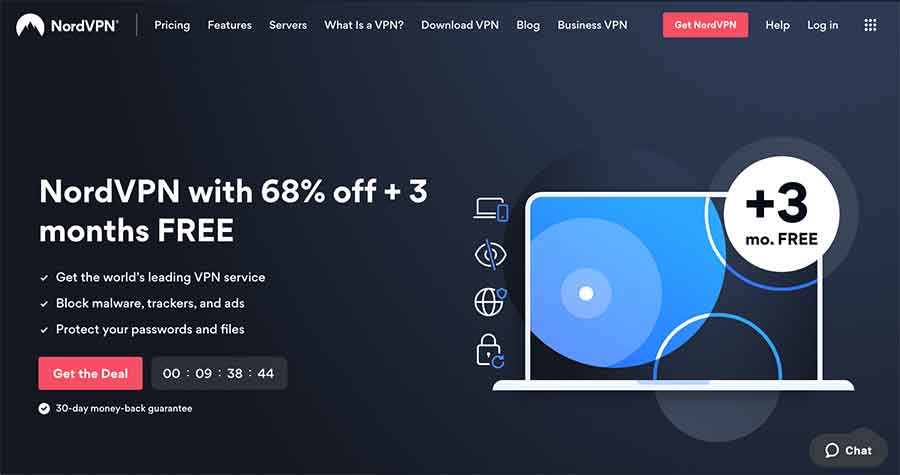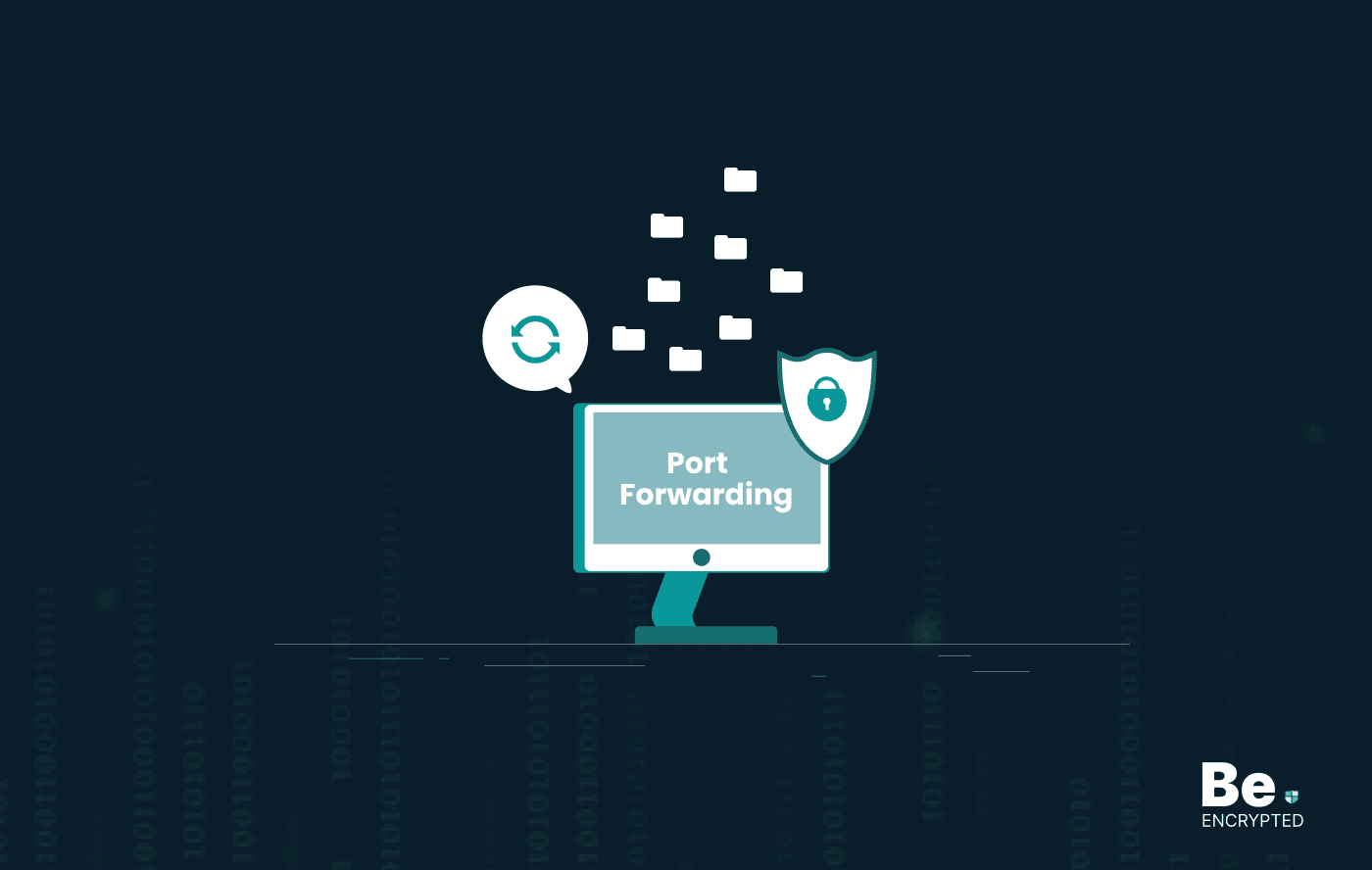Tor browser is a popular private browser but it still has some vulnerabilities. In addition, when you access the browser your ISP will notice that you are using the Onion browser and start tracking your activity. Therefore, it is advisable to use a VPN with a Tor browser.
There are some pretty long debates these days; we thought we might summarize a little. Most people get confused about the working environment of the Tor network.
We have just found that people keep searching for things like;
- Tor over VPN
- Onion over VPN
- Tor + VPN: What to expect?
- TOR vs. VPN: Which is better?
If you have the same kind of questions in your mind, then keep reading.
Tor vs. VPN | What’s the main difference
Tor browser
The first thing to understand is that Tor and VPN are different networks.
Where does the Tor browser provide;
- No tracking is allowed through the browser
- Secure your footprints
- Provide another identity from its servers
- Layer-to-Layer protection
- No restrictions on any site
People get confused when they see another IP and access a blocked site. That is one of the functions VPN provides, but that’s not all about it.
How Tor works
It’s not simple to get familiar with that quickly. Tor builds a connection between your device and its onion network. After it’s connected, it will drive all of your browsing data through its relay and node system.
For example, if you hit “facebook.com” by using Tor, it will send that request through its different layers of nodes until it reaches the desired location, in this case, the Facebook server.
It will be hard to find out where that request comes from by routing your traffic node to node.
What are the issues with Tor
There are many issues while you are browsing around on the Tor network. Here are a few examples;
- Pathetic user experience
- Connection building takes several minutes to connect
- The browsing speed was reduced by 70%, which is frustrating
- Your ISP can see that you are using the Tor Browser
These are the significant problems with the Tor browser; if you want anonymity, use VPN + Tor. That’s the best combination to use.
Now let’s talk about VPN (Virtual Private Network)
VPN (Virtual Private Network)
VPN is the best tech that provides data encryption; you can encrypt all internet traffic just once using a VPN. If you are using Tor, it will only offer anonymity for your browsing history or searches. However, VPNs provide the full encryption protocol for your device or systems.
How VPN works
VPNs behave almost the same way as Tor. It’s an advanced tech that offers encryption. VPN first connects you with the server you picked. Once you have joined, it will drive all the internet through that tunnel.
As with the Tor process, VPN does almost the same thing. It will drive your internet traffic through a different layer, but in the VPN case, it will be encrypted with encryption.
Example: If you hit “facebook.com” when you connect to the VPN service, it will wrap this request with encryption protocol and look like this “%^HgyE^rH*$3$” and then send it to the Facebook server. VPN provides 256-bit encryption, also known as military-grade encryption; nobody ever finds out what that is.
Features of a VPN
VPNs have some great features if you use a trustworthy provider. Otherwise, they’re a significant risk. Many fake VPN providers are involved in hacking user data.
- 256 Bit Encryption protocols
- Unblock any site you want
- Watch US Netflix from anywhere
- Other streaming channels will also be available
- Anonymous and secure browsing
- Download unlimited torrents
- Kill switch and DNS leak protection included
Note: Only choose a trustworthy VPN provider that offers that kind of service. Don’t get involved in free or fake services.
Issues with a VPN
VPNs are undoubtedly great security tools. However, there still might be slight issues with using a VPN service, such as:
- Many VPN providers claim to offer strict security and even a strict no-logs policy. However, they have often abused their users’ privacy.
- VPNs are not accessible to everyone, as you have to pay to subscribe to a service. Often, these payments are high. Therefore, not everyone can use them.
- Some VPN providers offer free services; however, they have a shady logging policy, as they may retain and sell some of your information.
- Not all VPN providers offer the best encryptions. Some may provide weak encryption, which is terrible for security.
Although these issues are indeed something to take into consideration. However, using a legitimate VPN service can help overcome them.
VPN+ Tor: What to expect
Tor and VPN are both considered to be essential security tools. They both can be used to gain privacy and anonymity online. Therefore, what happens when you combine both of them?
We tested this theory, and just as we expected, the result was remarkable. Once combined, VPN and Tor can ensure privacy and security much more effectively, as VPN cancels out all the negativities of Tor.
The Onion browser only protects your data with a layer of concealment that falls so far from the end node- after which the data goes unprotected. If you use Tor with a VPN, the protection level increases as VPNs make an encrypted tunnel through which the information travels. Therefore, any chance of snoopers snooping on your data is eliminated.
You might have also experienced connection speeds becoming significantly low with Tor. This can be because of the ISPs who detect the use of Tor and start throttling your bandwidth.
However, with a VPN, your ISP will be unaware of your activity because of the encrypted tunnel. Therefore, it won’t throttle you, and you will not experience any speed issues.
Tor over VPN – Which is better?
Choosing which security tool to use can sometimes be difficult. Therefore, we have compiled a table that sums up everything and allows you to choose wisely.
| S.No | Features to consider | VPN | TOR |
|---|---|---|---|
| 1 | Browsing Speed | Yes | No |
| 2 | Compatibility on various platforms | Yes | No |
| 3 | P2P file sharing (Torrenting) | Yes | No |
| 4 | Anonymity | Yes | Yes |
| 5 | Data Encryption | Yes | Yes |
| 6 | User-friendly | Yes | No |
| 7 | Easy on the pocket price | $2.6/m | Free |
| 8 | Bypass restriction | Yes | Yes |
| 9 | Support team | Yes | No |
How to use a VPN with Tor
Follow these steps to use a Virtual Private Network with an Onion browser for additional protection:

- Subscribe to a VPN service that is compatible with the Tor browser. We recommend NordVPN.
- Download the VPN client on your device.
- Open the VPN application and connect to a server.
- Launch the Tor browser and enjoy browsing anonymously with a VPN over Tor.
Share this article
About the Author
Rebecca James is an IT consultant with forward thinking approach toward developing IT infrastructures of SMEs. She writes to engage with individuals and raise awareness of digital security, privacy, and better IT infrastructure.
More from Rebecca JamesRelated Posts

What is VPN Split Tunneling and How Does it Work?
Split tunneling is a VPN feature for anyone accessing foreign networks while connecting to their LAN...

What is VPN Encryption? It’s Types and Algorithims
Encryption is a method for enhancing the security and privacy of sensitive data or information that ...

Why is Opera VPN Not Working? How to Fix Opera VPN?
KEY TAKEAWAYS Opera VPN is a proxy service, not an actual VPN. That’s why it doesn’t wor...

VPN vs. Firewall vs. Antivirus: Which One is Better?
KEY TAKEAWAYS VPN, Antivirus, and Firewall are the most important tools to protect your online priva...

A Guide to Choosing the Right VPN for Downloading
How to hide downloading files from ISP? From the very start of the hilarious popularity of P2P file-...

What is Port Forwarding and How Does it Work?
Port Forwarding is a technique for redirecting computer signals between the local network and the In...


